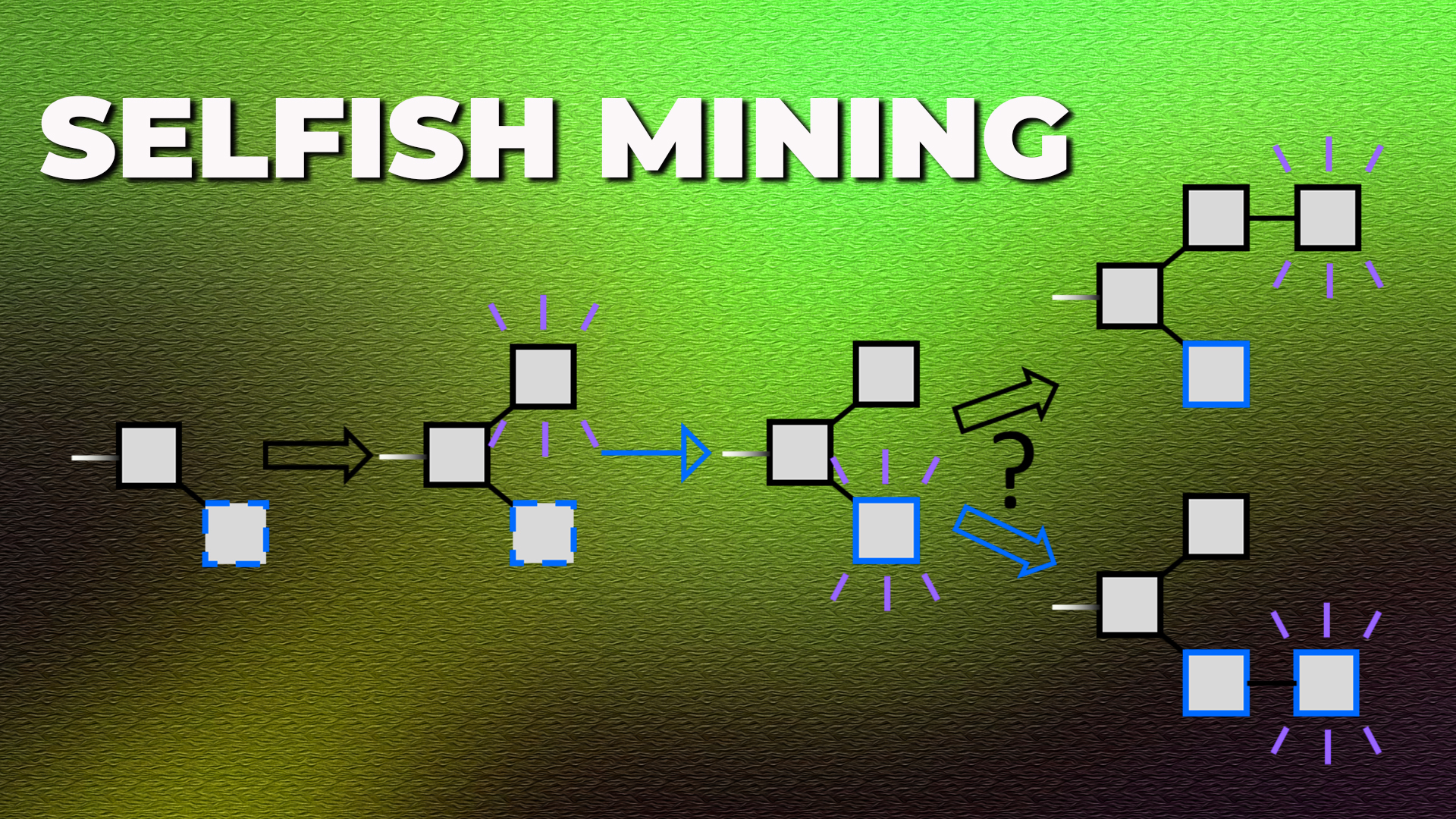

They say that every system has loopholes. No matter how impenetrable it looks, people will find vulnerabilities in it and exploit it. That happened to the blockchain when we talked about ‘Selfish Mining’. To understand, you need to know the mining process a little. When miners generate a Bitcoin (for example), they validate new transactions on the network instead of rewards and transaction fees.
Every time they mine a new coin, they earn a reward and add the new block to the network. When selfish mining occurs, the miners do not add the newly discovered block to the network. They keep this information to themselves and go on to amass blocks. The purpose behind doing it is to gather a large number of blocks and redeem them together to claim a massive amount of rewards.
Now from a perspective, it seems stark, right? That’s because the miners will claim the rewards and get the amount. They are just delaying it for their convenience. But actually, it does quite a harm to the trajectory of blockchain. It disrupts the network’s functionality and gets some monopoly, hurting others in the long run. So selfish mining is unethical and immoral, period.
It could be technical, but let’s try understanding it in laymen’s language. A blockchain network typically accumulates all the transactions in a block and secures them with encryption. The encrypted key is a 64-digit hexadecimal number known as a hash. Miners compete to guess the hash with computational power.
The miner who successfully decrypts the hash gains the right to validate the transaction. They will add the block to the public chain and receive the reward. When selfish miners guess the correct hash, they do not immediately add the block to the chain. Instead, they keep it hidden and accumulate more blocks unless they reach the desired number.
The very nature of selfish mining defies decentralisation and gives way to a monopoly. The proof-of-work networks require a long chain to validate the transactions. When the selfish miner hoards the blocks, they cause the honest ones to lose their rewards. The validation of the blockchain happens when all the miners contribute to it.
In a long chain, the selfish miner will have more blocks, and the honest one will have to give in to complete the process. When that happens, the selfish miners have more blocks and hones; one might have none. This unfair practice makes the ecosystem less reliable. It also delays the transactions as gathered blocks take longer to execute.
Moreover, it paves the way for other spurious activities, double spending, and the wrong use of nodes in the blockchain.
Experts have suggested a few ways of combating selfish mining. Some proposed making changes to the network, and others advised offering nodes incentives. There are many other solutions that the experts have put forward. Now it is up to the protocol they adapt to stop this malpractice. In the past few years, selfish miners have become a big problem for the entire blockchain ecosystem. We’ll have to see how the whole community fights this.
Token airdrops have historically introduced investors to new blockchain projects. However, many distributions fail to…
Airdrops have traditionally been used to introduce new investors to blockchain projects, but their effectiveness…
The approval of Bitcoin ETFs was one of the most anticipated events in crypto history,…
The blockchain space continues to evolve, with projects pushing security, scalability, and user engagement to…
As the cryptocurrency market recovers from recent volatility, several projects emerge as strong contenders for…
The cryptocurrency market is showing strong bullish signals, with many altcoins poised for significant gains.…
This website uses cookies.